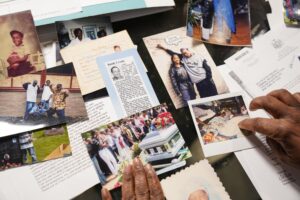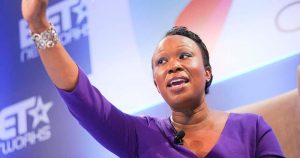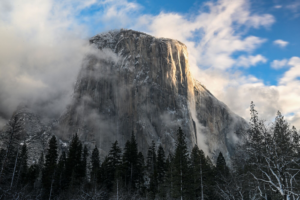The discovery last month by the Tk’emlúps te Secwépemc First Nation of the remains of 215 children at a former residential school in western Canada has been met with shock and horror. The Canadian Prime Minister said it was “a painful reminder of that dark and shameful chapter in our country’s history”. But the traumas of the residential school programme are not just a memory: they have left a devastating and lasting imprint on survivors and families in Canada’s First Nations, Inuit, and Métis communities. The tragedy is shining light on the country’s mistreatment of Indigenous peoples. Old wounds reopened for survivors have brought a stark new awareness for others. Can this reckoning lead to meaningful change?Canada’s residential school system is an expression of the country’s colonial history of oppression of its Indigenous peoples. Between 1883 and 1996, up to 150 000 Indigenous children were separated from their families, often by force, and sent to government-funded, church-run schools with the aim to “kill the Indian in the child” and assimilate them into Canadian culture. Children were banned from using their Indigenous languages or traditions. The schools were unsanitary and children were malnourished. Many faced neglect and physical and sexual abuse. Thousands died and many never returned to their families; their fates remain undocumented. The Truth and Reconciliation Commission (TRC), established in 2008 to examine the impacts of residential schools, concluded that what happened there constituted “cultural genocide”.It is impertinent to relegate such a legacy to a bygone era. The past is not the past when it shapes the present so profoundly. In Canada, Indigenous peoples continue to experience far poorer health and worse mortality than non-Indigenous people. The historical trauma of mistreatment, family separation, land theft, and exclusion of culture exerts substantial harm on physical and mental health and socioeconomic opportunities and transmits over generations. The tools of colonialism stripped Indigenous peoples of their rights and sovereignty in ways that persist today. In 2019, the National Inquiry into Missing and Murdered Indigenous Women and Girls concluded that violations of Indigenous rights were responsible for the disproportionate rates of violence toward Indigenous women and girls. And the colonial legacy lives on in structural racism in the Canadian health-care system, where Indigenous patients report insensitive, discriminatory, and poor-quality care at much higher rates than non-Indigenous Canadians. That colonialism is a fundamental determinant of health is inescapable.The Lancet‘s 2018 Canada Series argued that historically embedded and institutionalised forms of racism remain the root causes of large, multigenerational inequities in Indigenous health status. It called for action on the social determinants of health, reconciliation with Indigenous peoples, recognising and valuing traditional Indigenous healing practices, training Indigenous doctors and nurses, and supporting self-governance alongside health system reform. Now we must demand more.First, an accurate historical education. Too few Canadians, and others, know about the colonial roots of inequity or the history of Indigenous peoples’ immense contributions to Canada. More than two-thirds of Canadians surveyed in June, 2021, said they knew little or nothing about the residential school system. School curriculum and professional education are worryingly void of Indigenous history and culture. As the TRC emphasised, this lack of historical knowledge has serious consequences. In government and the health and social care systems, it leads to poor institutional policy. In public life, it breeds racist attitudes and mistrust between Indigenous peoples and other Canadians. The federal government’s present attempt to escape its responsibilities for Indigenous child welfare—by vigorously fighting a Human Rights Tribunal decree—fuels this perception of division and is shameful.Second, there must be a genuine commitment by non-Indigenous people to more compassion, understanding, and advocacy. The voices and life histories of Elders, survivors, and their descendants—stories of pain and of resilience—must be heard, honoured, and amplified. The suffering of Indigenous peoples needs to be experienced as shared grief and loss. This in turn must motivate more collective effort to demand action for Indigenous peoples’ rights and health, and zero tolerance for racism. Without such solidarity there will be no truth, no reconciliation, no healing, no rebuilding of the relationship between settler and Indigenous communities in Canada. Indigenous peoples are Canada’s treasured past, present, and future. As Cindy Blackstock, Indigenous child advocate, told the CBC following the unmarked grave discovery: “215 little sacred souls were sent to us at this time, as teachers.” Will we finally learn?

The past is not the past for Canada’s Indigenous peoples
- Post author:admin
- Post published:August 9, 2021
- Post category:Daily News



